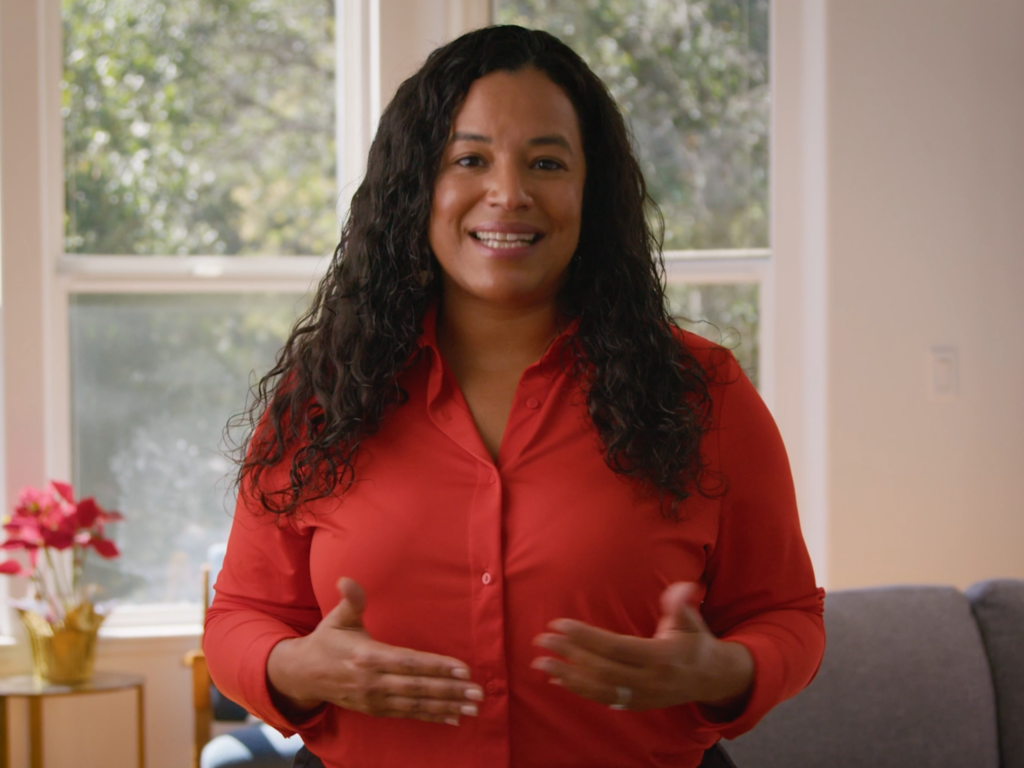A NEW ERA of options in education was welcomed in Oakland last week when school Superintendent Dennis Chaconas told hundreds of parents and students that “Oakland must build competition within the system with smaller, more autonomous schools that have high standards.”
He was speaking at the new Aspire Public School dedication, held at the former home of East Oakland’s St. Louis Bertrand Catholic School.
Normally the superintendent sits in the front row with school officials and teachers at ribbon-cutting ceremonies. But at Aspire’s ceremony, the principal,parents, philanthropists and politicians all shared the glory of a new school’s venture on 101st Avenue.
The Aspire Public Schools (formerly University Public Schools) are a chain of charter schools operated by Don Shalvey, a former San Carlos school superintendent, now an education entrepreneur, and technology entrepreneur Reed Hastings.
Shalvey brings a wealth of talent and ideas developed during the past 30 years as a teacher, principal and superintendent.
Hastings brings wealth garnered from his many successful businesses. As a member of the California Board of Education, Hastings aspires to infuse the school system with choice and accountability by supporting charter schools designed to bring measurable results from their students.
Some of the newly rich who owe their wealth to the digital revolution are prospecting for productive philanthropic places to park their profits. The entrepreneurial drive and goal-oriented intensity, spawned by the need to satisfy the bottom-line demands and expectations of the venture capitalists, represents a high-tech, Silicon Valley-style culture. Its language and work ethic often make it difficult for digital entrepreneurs and education experts to talk and work together.
But Kimberly Smith is bilingual. As a teacher with an MBA degree from Stanford University, she knows how to harnessthe power of entrepreneurs to help transform schools.
She’s an education entrepreneur who’s mastered the art of developing philanthropic plans that attract millions of high-tech dollars.
Her New Schools Venture Fund, capitalized at $20 million, combines the money and business acumen of the New Economy’s successful risk takers with visionary teachers, principals, parents and community-based organizations to create a new kind of entrepreneur — the education entrepreneur.
Her fund, which seeks results-oriented business plans from nonprofit and for-profit education start-up applicants (in the same manner business start-ups are analyzed by potential investors), measures returns on investments by measuring improved education outcomes.
Smith says money is not enough to improve learning and teaching. “We are looking for those with passion and vision, those who want to build charter schools, those who are personally motivated and have the belief and capacity to problem-solve,” says Smith.
The development of the New School Fund is a tribute to Smith’s dreaming, risk-taking, luck and entrepreneurial daring. She did not start her college career at Columbia University with a specific business plan to create a foundation/venture fund, nor did she foresee her fortune while serving 10 years in the national teacher corps and founding BAYAC-AmeriCorps, which coordinated 20 nonprofits serving children.
While stirring in the synergistic environment of Stanford’s Business School, she saw an opportunity to blend high-tech entrepreneurism with education entrepreneurism. Realizing that bright educators with new ideas should and could be rewarded for their risk-taking rather than becoming discouraged for daring to innovate, she “saw an opportunity and went for it.”
“When the opportunity presented itself, I developed a plan around it,” Smith says of how she conceived of the New Schools Fund. She feels that when education advocates, teachers and visionaries discover there is education venture capital awaiting their dreams, education entrepreneurship will flourish.
Virgus Streets, founder of Learnnet Inc. — which promotes a continuous, interactive, high-tech based learning system emphasizing early reading, math and algebra skills to equip students and parents for the digital-based new economy—says the new high-tech wealthy should reinvest their largess into education ventures that discover, promote and proliferate new learning models.
The New Schools Venture Fund’s goals coincide with Streets’. They want all children to read at grade level by thirdgrade: master algebra and symbolic reasoning by ninth grade: be proficient in scientific reasoning and a second language;and be able to express themselves using oral and written skills, artistic means and technology.
Smith says her fund hopes to stimulate an education system that treats parents and students as customers and regards teachers as skilled professional service providers. She wants to reward success and replicate models that work and produce results.
The Aspire School, co-founded by Brenda Walker (who dreamed of education choices for her son) and second- and third-grade teacher Nicole DeLorme, is a testimony to the positive energy of the OCO (Oakland Community Organizations) advocacy from its 35 faith-based groups. OCO boasts a diverse interdenominational membership ranging from churches such as the Acts Full Gospel Church Of God In Christ to St. Elizabeth’s Catholic Church.
During the past three years, led by the patient tireless efforts of OCO Executive Director Ron Snyder,the organization educated and mobilized community support while simultaneously managing to steer the new charter school through the difficult politics of persuading an education bureaucracy.
The Aspire School’s ribbon-cutting ceremony afforded a rare opportunity to witness Chaconas, Mayor Jerry Brown,Principal Kendra Barr, state legislators Mike Machado and Ted Lempert, county school Superintendent Sheila Jordan,Hastings,Shalvey, New Schools Venture Fund President Kimberly Smith and a host of other foundation representatives all reading from thesame page of the same education book.
Brown and Chaconas pledged city and school resources and cooperation to make charter schools work. “We must cooperate and compete to create excellence,” said Brown. Calling quality education “a fundamental civil right,” Brown challenged parents to “think small” in terms of school size and to support new charter schools such as Aspire.


